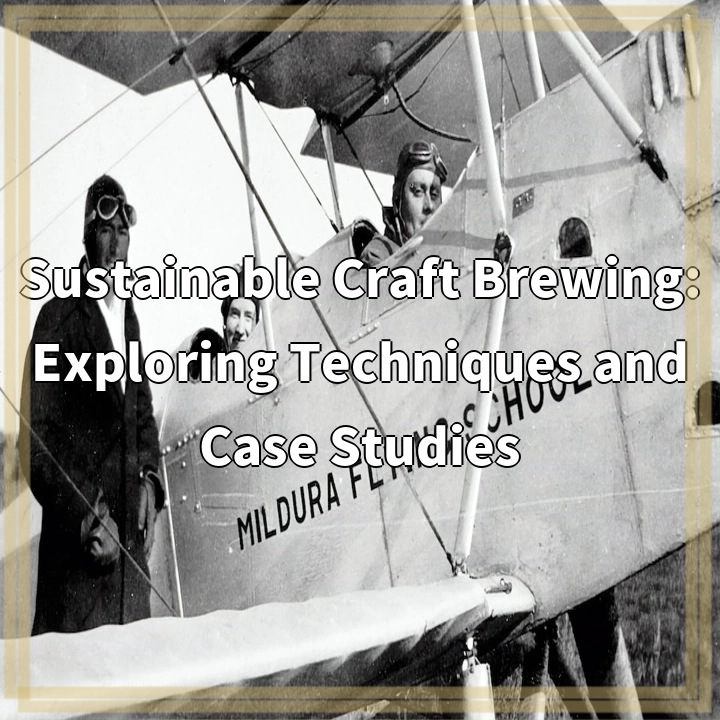
What is Sustainable Craft Brewing?
Sustainable craft brewing refers to the practice of producing beer in an environmentally responsible and socially conscious manner. It involves implementing strategies and techniques that minimize the negative impacts of the brewing process on the planet, such as reducing energy and water consumption, minimizing waste generation, and supporting local communities and supply chains.
Real-World Problems Associated with Sustainable Craft Brewing
While sustainable craft brewing offers numerous environmental and social benefits, it also faces some real-world challenges. These problems can hinder the adoption and implementation of sustainable practices within the industry:
1. High Energy Consumption:
The brewing process requires significant amounts of energy, from heating water for mashing and boiling to maintaining fermentation temperatures. This reliance on energy, often derived from fossil fuels, contributes to greenhouse gas emissions and climate change.
2. Water Scarcity:
Brewing is a water-intensive process, and the availability of clean water is a growing concern in many regions. Sustainable breweries need to find ways to reduce water usage and implement efficient water management practices.
3. Waste Management:
The production of beer generates substantial waste, including spent grains, wastewater, and packaging materials. Disposing of these materials in an environmentally responsible manner can be challenging. Sustainable craft breweries strive to find innovative solutions, such as recycling spent grains as animal feed and utilizing wastewater treatment systems.
4. Ingredient Sourcing:
Sourcing sustainable ingredients, such as organic malts and hops, can be difficult and expensive for craft breweries. The industry needs to establish robust supply chains that prioritize environmentally friendly and socially responsible practices.

Solutions to Real-World Problems of Sustainable Craft Brewing
1. Energy Efficiency:
Craft breweries can invest in energy-saving equipment, such as high-efficiency boilers and heat recovery systems, to reduce energy consumption. Implementing renewable energy sources, such as solar or wind power, can also help breweries transition to cleaner energy alternatives.
2. Water Conservation:
Breweries can implement water-saving measures such as installing water-efficient equipment, optimizing cleaning and sanitization processes, and reusing water where feasible. Additionally, partnering with local water conservation organizations and initiatives can aid in sustainable water management.
3. Waste Reduction and Recycling:
Sustainable breweries can implement waste reduction strategies, such as composting spent grains or utilizing anaerobic digestion systems to convert organic waste into biogas. Recycling packaging materials and using eco-friendly alternatives like biodegradable or reusable containers can also minimize waste generation.
4. Collaboration and Education:
Breweries can collaborate with other stakeholders, such as farmers, suppliers, and organizations, to promote sustainable ingredient sourcing and support local, organic agriculture. Sharing best practices and knowledge through industry events, workshops, and online platforms can further educate and inspire the craft brewing community to adopt sustainable techniques.















